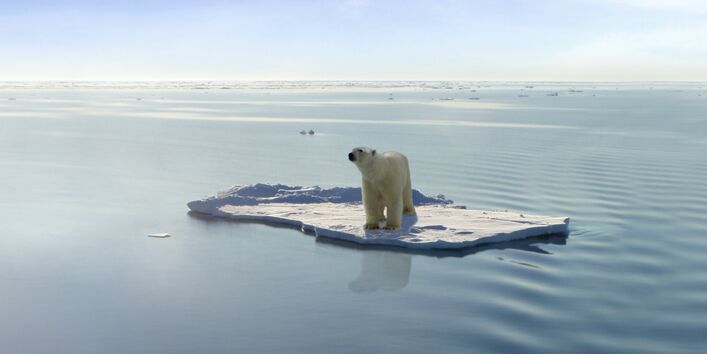Data on the Environment 2017: More climate protection action required
To mark World Environment Day on 5 June the new German Environment Agency (UBA) publication “Daten zur Umwelt 2017“ [Data on the Environment] provides a comprehensive overview of all environmental sectors and makes an appeal for Germany to step up action to protect the climate. “The USA's exit from the Paris Agreement is not good news. We must join forces and create an atmosphere of positive change, leading by good example. Emissions must be reduced across the board if we expect to protect our climate. This includes the gradual phase-out of coal-powered electricity production and promoting renewable energies. In addition to a transformation of our energy system, we must also at long last effect a turnaround in the transport sector”, said UBA President Maria Krautzberger. Although total emissions were cut by about 28 percent between 1990 and 2016, we will fail to achieve the national goal of 40% by 2020 if we proceed at the present rate. This is in part due to the transport sector, the only sector whose greenhouse gas emissions have not decreased since 1990.
“According to newest estimates, greenhouse gas emissions from the transport sector are even slightly higher than in 1990. The efficiency increases in vehicles have gone up in smoke in the face of the growing trend to drive bigger cars and increased traffic on the roads“, said Ms Krautzberger. The sector’s record on air pollutants also lags behind: although the data indicate that overall emissions – based on an index of five air pollutants – have come down since 2000, the high levels of nitrogen oxides in urban areas continue to be a problem. The 2016 limit value for mean annual NO2 concentration was exceeded at 57 percent of the measuring stations located near road traffic. Diesel vehicles are the main culprit in this context.
The news is better with regard to water: 98 percent of bathing waters in Germany again met the requirements of the European Bathing Water Directive in 2016. In addition, drinking water quality is very good virtually everywhere. In contrast, the ecological status of many water bodies in Germany is not so good: only some 26 percent of Germany's lakes were rated "good" or "high " in 2015 pursuant to the EU Water Framework Directive, and only seven percent of rivers and streams. None of the transitional or coastal waters along the North and Baltic Seas achieved good or high ecological status. The limit value for nitrate was exceeded at 18 percent of the groundwater measuring points. Nitrogen which enters waters due to excessive fertiliser use in agriculture is also a problem. Maria Krautzberger said, "The nitrogen surplus from the agriculture sector is a large-scale environmental problem. The regulations of the Fertilisers Ordinance have not yet been effective to the extent which is necessary."
Data on the Environment 2017
The UBA's new indicator report gives a comprehensive overview of trends and the state of the environment in Germany. The data are a measure of how far along we are in achieving our environmental policy goals. Thus the system of environmental indicators also takes stock of environmental policy itself.
World Environment Day
In commemoration of the opening of the UN Conference on the Human Environment in Stockholm on 5 June 1972, the United Nations, and later also the Federal Republic of Germany, declared the 5th of June 'World Environment Day'. The theme in Germany this year is "Umwelt macht natürlich glücklich" [Environment makes you happy, naturally].
